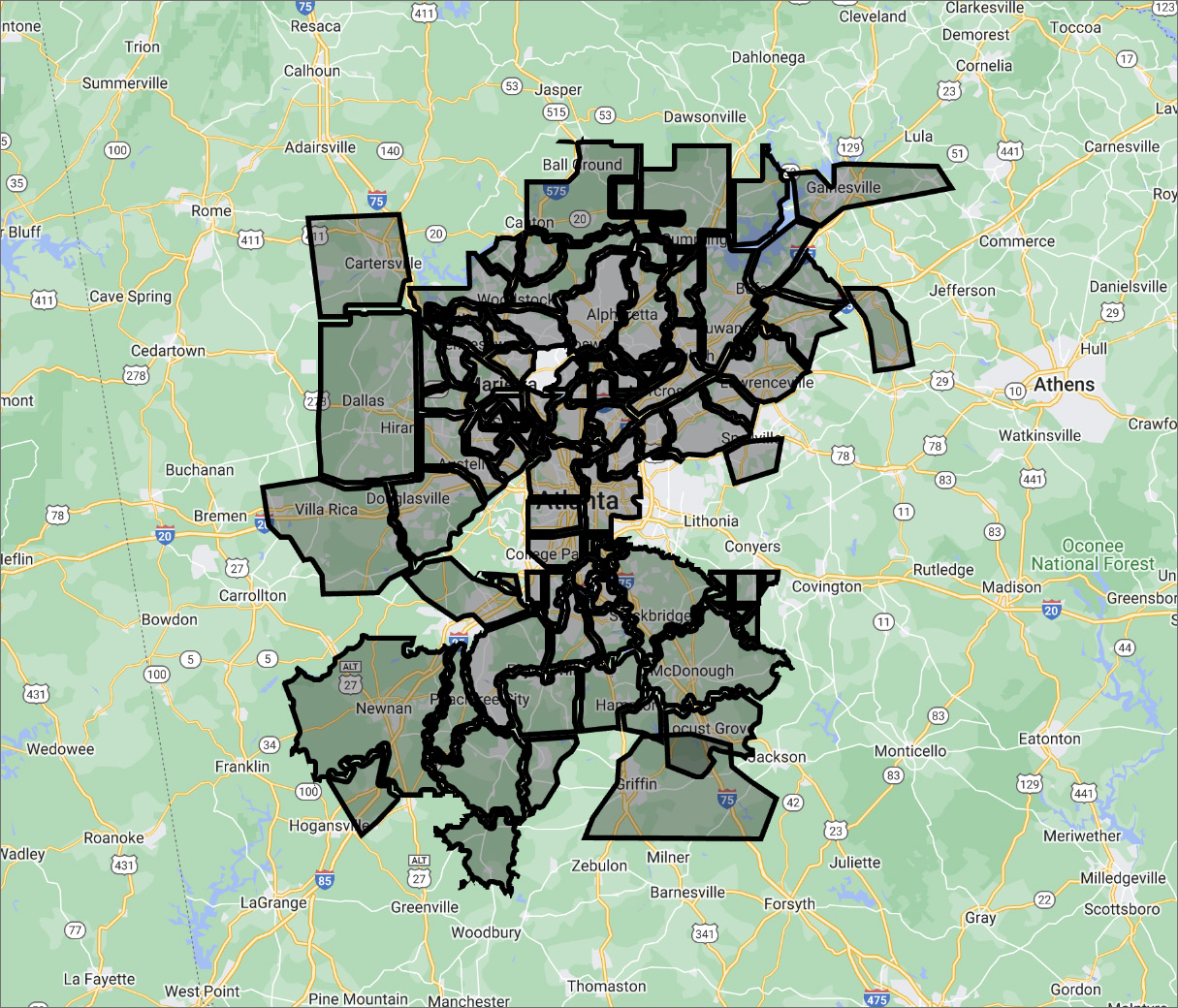When you foster a cat, you want to give it the loving home it never had. But what if your new foster cat isn’t responding to your efforts right away? How long does it take for a foster cat to adjust?
All cats have different personalities and experiences that might make adjusting to a new foster home easier. Typically, the process takes a couple of weeks. To help your foster cat adjust to its new environment, be sure to provide easy access to food and water. Take introducing your cat to other rooms and pets slowly, as moving too quickly can cause anxiety. It’s important to give foster cats the love and attention they might not have experienced before at a level they are comfortable with. Taking these steps can help your foster cat better adjust to its new home and start living a happy, healthy life.
At Critter Sitters, we care about helping foster parents learn how to care for their pets. To learn more about how the dedicated cat sitters at Critter Sitters can help you, call us today at (404) 793-6178.
How Long Will it Take for My Foster Cat to Adjust?
Fostering cats is a great way to help animals in need in your area while they find a permanent home. If you’re a practiced foster parent, you may know how long it can take for a new cat to adjust. If you’re just beginning this adventure, allow our cat sitters at Critter Sitters to provide some helpful insight.
Don’t expect your new foster cat to be comfortable in your home right away. Especially for animals that are used to living on the streets or have hopped around from owner to owner, adapting to a new environment and learning to trust a new person can be difficult. While some foster cats might adjust sooner than others, the process typically takes a few weeks.
Cats tend to get accustomed to solitude. Being around people and possibly other animals takes some adjusting. If your foster cat is having difficulty adjusting to its new life in your home, especially when you’re out of the house, call the cat sitters at Critter Sitters. Our Atlanta cat sitters can hang out with your new feline friend to continue any practices you’ve introduced to help your cat become adjusted to its foster home. If your foster cat is having difficulty adjusting and you’re unsure what to do, speak with a veterinarian for guidance.
How Can I Help My Foster Cat Adjust?
While not pressuring your new foster cat and giving it time to adjust is often helpful, you can also employ certain tips and tricks to make your kitten feel more comfortable in its new environment. Providing the essentials, taking things slowly, and giving your foster cat the attention it needs can all help your feline adjust to its new home more easily.
Provide the Essentials
Before landing in your home, your foster cat may not have had reliable access to food or water. Like any new animal, it is important to let it know it doesn’t have to scrounge for the essentials. To help your foster cat adjust to your home, you should consistently provide the food and water it needs. Make it clear to your foster cat that your home is a safe, welcoming environment full of the resources it needs to live a happy and healthy life.
In addition to providing the essentials, introduce your foster cat to fun. Give it toys and items that will take up its time and help alleviate stress. Scratching posts are great for restless foster cats still trying to adjust to their new homes.
Take it One Room at a Time
Foster cats can become understandably overwhelmed when they enter a new environment. To help your cat adjust to your house’s sights and smells, introduce it to one room at a time. It’s typically best to keep a cat confined to one space for several days and slowly take it into other areas of your home. This can help a foster cat become more accustomed to your house at a rate that doesn’t cause anxiety. It’s important not to add to the stress of a new home by exposing your foster cat to too much at once.
Give Love
It’s not uncommon for foster cats to be skeptical of humans. After all, many foster cats have been rehomed time and time again. Others might have had difficult times while living on the street. It’s important to meet your new foster cat at its level and slowly start giving it love and attention. At first, your cat may be distrustful or unsure how to respond to your affection. Go slowly, and be sure to show your cat that your foster home is a safe and loving one. Our Roswell cat sitters at Critter Sitters can continue your affection efforts whenever you’re out of town, so your foster cat’s progress isn’t delayed.
Carefully Introduce Resident Pets
If you’re fostering a cat, you’re likely an animal lover. Say you have other pets, whether they be cats or dogs. In that case, it’s important to be careful when introducing a foster cat to resident pets. Cats can be pretty territorial, so keep that in mind. When introducing a foster cat to other pets, start slowly. Allow them to sniff one another through doors or gates and maybe even switch out their toys or bedding. It’s important to get foster pets and resident pets accustomed to each other’s scents so they’re not surprised when they see one another.
Call Our Cat Sitters Today
If you need someone to watch over your furry friend while you’re out of town, our team of caring professionals can help. To learn more about how the dedicated Sandy Springs cat sitters at Critter Sitters can help you, call us today at (404) 793-6178.


